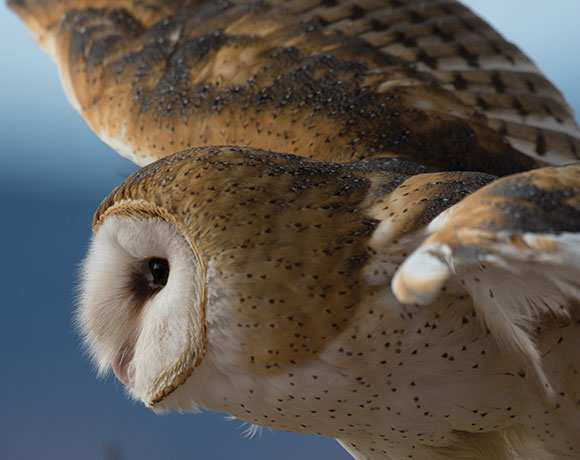How/whether/if animals are regarded varies widely by country and, in the U.S., by state. Above all else, animals, whether kept as companions or raised for commercial purposes, are property under the law. The main areas where law comes in to play in terms of animal welfare are: housing, health, agriculture, companions (“pets”), wildlife, entertainment, fur and skins, and research. The Animal Welfare Act (1966) is the primary U.S. federal law related to animal care and conditions. It stipulates the minimum acceptable standards of care and treatment of animals in research, exhibition, transport, and by dealers.[5] Farmed animals are not protected, nor are birds, mice and rats bred and raised for research, or cold-blooded animals. Additionally, every state has an anti-cruelty law.[6] In 2013, the states with the strongest anti-cruelty laws are Illinois, Maine, Michigan, Oregon, and California.[7] The weakest are Kentucky, Iowa, South Dakota, New Mexico, and Wyoming. Thanks to activism, as of 2014, all 50 states have felony anti-cruelty laws.[8] The links between violence against nonhuman animals and violence against humans are so clear that they also contribute to greater awareness, earlier interventions, and more severe penalties for animal cruelty.[9]
The limitations of our current legal protections for other animals are summarized by legal scholar Gary Francione:
Although there are restrictions on the use of animals (as there are on the use of all property), such restrictions, such as anticruelty laws or laws governing the use of animals in experiments, do not establish any rights for animals or impose any duties on humans that are directed ultimately to the well-being of the animal. Rather, these laws require that, in determining whether suffering is “unnecessary” or treatment is “inhumane,” we balance the interests of animals against the interests of human beings. The problem is that human interests are protected by rights in general and by the right to own property in particular. As far as the law is concerned, an animal is the personal property, or chattel, of the animal’s owner and cannot possess rights. Indeed, it is a fundamental premise of our property law that property cannot itself have rights as against human owners and that, as property, animals are objects of the exercise of human property rights.[10]
Increasingly, discussions in the legal and animal welfare communities are of rights and personhood.[11] An important point is that when those concerned with animal well-being speak of rights, they are not talking about voting, driving, owning property, education, freedom of religion, or other human-specific political privileges that we commonly think of in the realm of rights. A more useful comparison is what is thought of as basic human rights – to fresh water, food, shelter, and consideration, regardless of what groups they belong to. Similarly, other animals are also deserving of these basic rights, which also includes freedom from certain harmful experiences such as pain and suffering.
References
[5] Amended in 1970, 1976, 1985, 1990, 2002 and 2007.
[6] For state-by-state laws, see ASPCA at http://www.aspca.org/fight-cruelty/advocacy-center/state-animal-cruelty-laws , http://www.animallaw.info/statutes/topicstatutes/sttoac.htm
[7] Animal Legal Defense Fund (2013). http://aldf.org/resources/advocating-for-animals/animal-protection-laws-of-the-united-states-of-america-and-canada/. http://aldf.org/press-room/press-releases/annual-study-names-2013s-top-five-states-to-be-an-animal-abuser/
[8] See “South Dakota Lawmakers Enact Stronger Anti-Cruelty Laws” for more information: http://www.humanesociety.org/news/news_briefs/2014/03/south-dakota-lawmakers-enact-stronger-animal-cruelty-penalties-031414.html
[9] See also Ascione, F. R.. & Arkow, P. (1999). Child abuse, domestic violence, and animal abuse. West Lafayette, IN: Purdue University Press. And Linzey, A. (2009). The link between animal abuse and human violence. East Sussex, UK: Sussex Academic Press.
[10] Francione, Gary. L. (1995). Animals, property, and the law. Philadelphia: Temple University Press, p. 4.
[11] See the Nonhuman Rights Project and the publications of attorney Steven Wise: http://www.nonhumanrightsproject.org/
For citation purposes, this page was last updated December 2014

